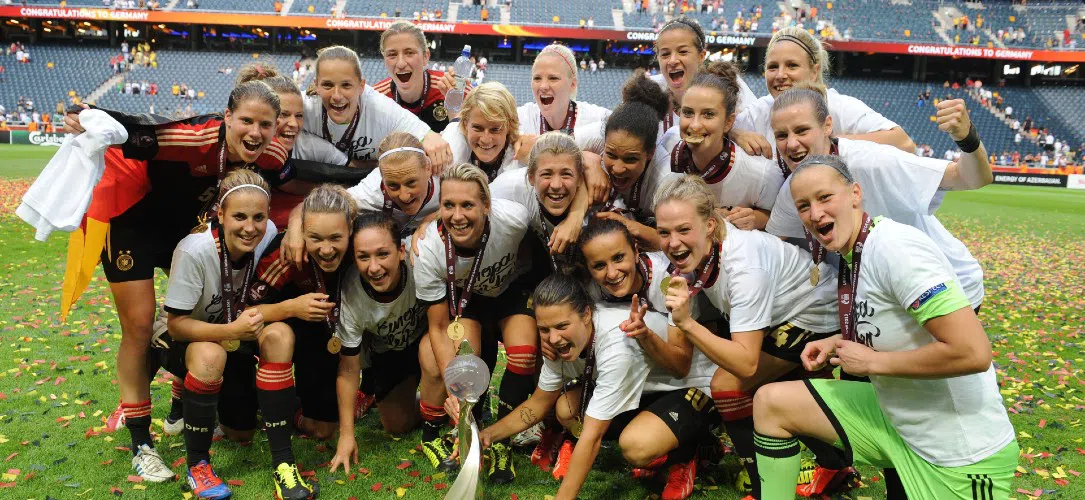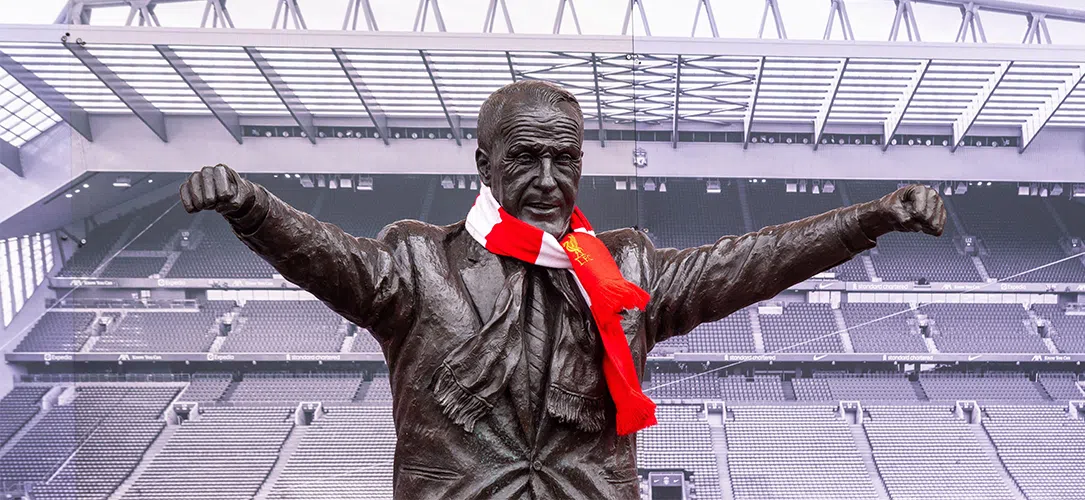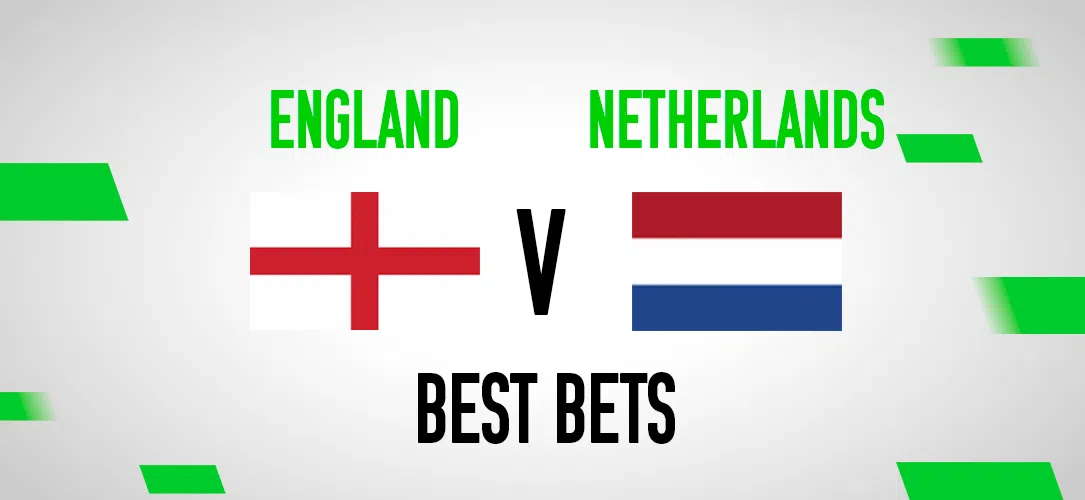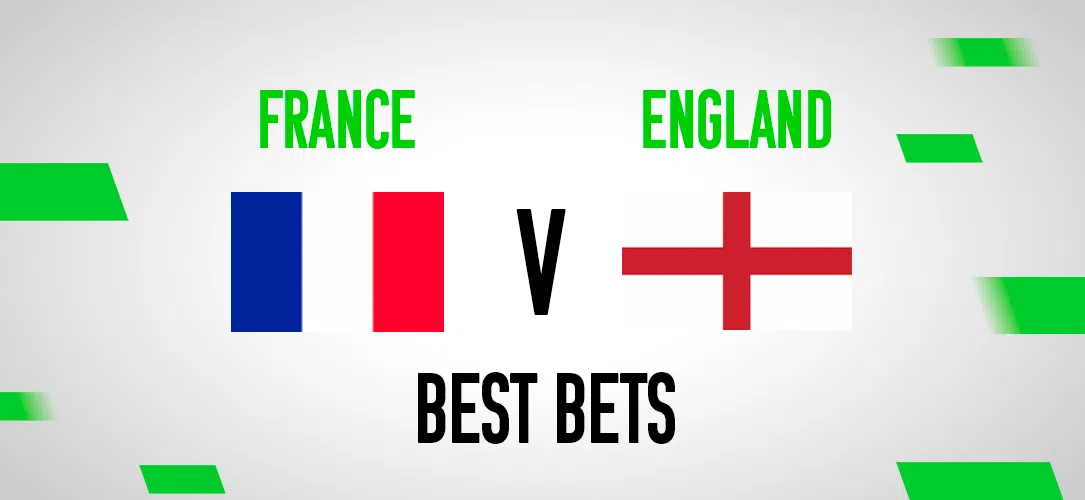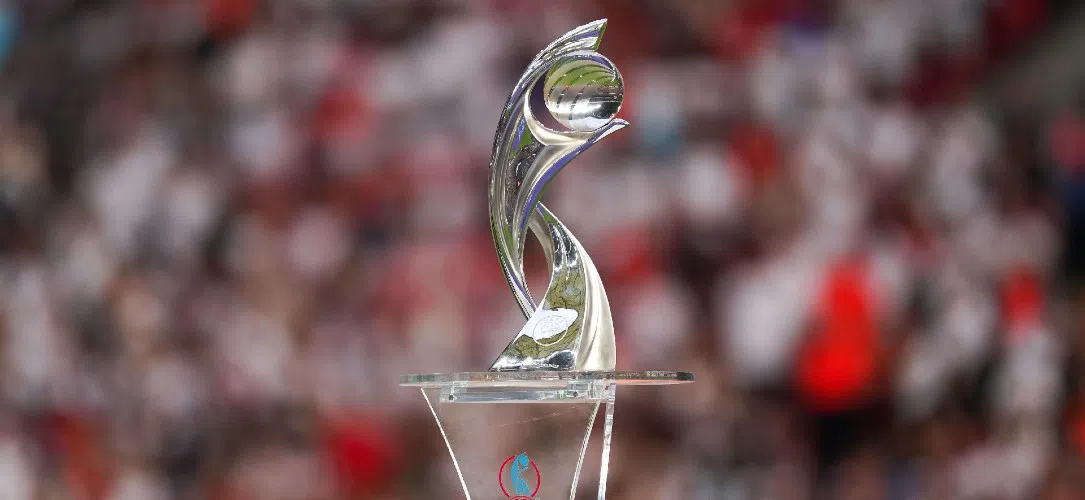The 2025 Women's Euros is fast approaching and in a little over a month we will find out which nation joins the elite list of those to have won it before
Euro 2025 is around the corner as 16 teams head to Switzerland with the sole ambition of being crowned UEFA Women’s European champions.
England are the reigning and defending champions having won the title for the first time three years ago at Wembley, beating Germany 2-1 on penalties.
Sarina Wiegmann’s side are well-fancied at 9/2 in the Women’s Euros odds to retain the trophy though it’s world champions Spain who are the 9/4 favourites to add European gold to their World Cup success.
The final is in Basel on July 27 when another name will be added to the roll call of champions, joining an elite clutch of nations who have previously been crowned Queens of Europe.
Scandi stars blaze a trail (1984 & 1987)
To see how far women’s international football has come, just take a look at the inaugural tournament back in 1984.
Only 12 countries took part, matches were played over 70 minutes, TV coverage was almost non-existent and even the ball was smaller than the conventional size.
UEFA’s lack of appetite was mirrored by the general public with just over 2,000 spectators turning up to watch the second leg of the final between England and Sweden in Luton.
England, beaten 1-0 in Gothenburg two weeks earlier, won 1-0 at Kenilworth Road but it was the Swedes who won the penalty shoot-out to win the first (and barely official) Women’s Euros.
Three years later, and still with hardly any fanfare, the championship was staged for a second time, the knockout stages being held in Norway, who used home advantage to beat their neighbours and rivals Sweden 3-2 in the final.
The arrival of Germany – and the start of a dynasty (1989)
The third Women’s Euros were in 1989 in West Germany, the first time the Germans had entered the competition.
West Germany, where women’s football was forbidden until 1970, had monitored the growth of the game in Scandinavia and were determined to better that and leave their own stamp on the game.
The DFB appointed Gero Bisanz to coach a side in 1982 and after failures to qualify for ’84 and ’87, the Germans got it right in ’89.
They went through qualifying unbeaten, not conceding a single goal in six games, and broadcasters were suddenly interested with their semi-final against Italy in Siegen, the first women’s football match ever shown live on German TV.
They won that on penalties and in front of a then record crowd of 22,000 in Osnabruck crushed Norway 4-1 to become the third different winner of the title.
The German winning machine (1991 – 2013)
A few months after West Germany had won Euro ’89 the country was unified and a new footballing superpower had been born.
Eighteen countries entered the 1991 tournament, the first to be officially called the UEFA Women’s Championship.
Different name, same final, however, with Germany and Norway reaching the showpiece in Aalborg, Denmark and, just like two years earlier, it was Bisanz’s team who would prevail, 3-1 after extra-time.
Two years later in Italy it would be Norway’s turn to triumph – beating Germany’s semi-final conquerors, Italy, in the final – but it would be a brief respite.
Germany, not quite in a class of its own but not far off it, would reclaim the trophy in 1995 and go on to win the next five tournaments.
With the tournament being now held every four years rather than every two, it meant the mighty Germans had their hands on the European Championship trophy for an astonishing 22 years between 1995 and 2017.
The changing of the guard (2017 & 2022)
Now the eight-time champions, Steffi Jones’ Germans arrived in the Netherlands in 2017 ranked No.2 in the world (behind the United States) and as solid favourites to extend their dominance.
The gap, however, had evidently closed and not just courtesy of the Scandinavian countries and Italy, but also England, who had pipped Germany for bronze at the 2015 World Cup, and emerging talents like France, Spain and the Netherlands.
And it was the Dutch who would emerge triumphant, beating Germany’s last-eight conquerors Denmark 4-2 in the final in Enschede, Vivianne Miedema scoring twice.
The Dutch, coached by Sarina Wiegmann, had become the fourth different country to win the Euros and five years later she did it again, this time in charge of England.
In front of a record crowd of 87,192 at Wembley Stadium, the Lionesses, having seen off Spain and Sweden in the knockouts, got the better of Germany, 2-1 after extra-time in a gripping contest.
Which nation will become the next to write their name in women’s football folklore in Switzerland over the next month?

